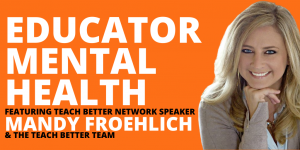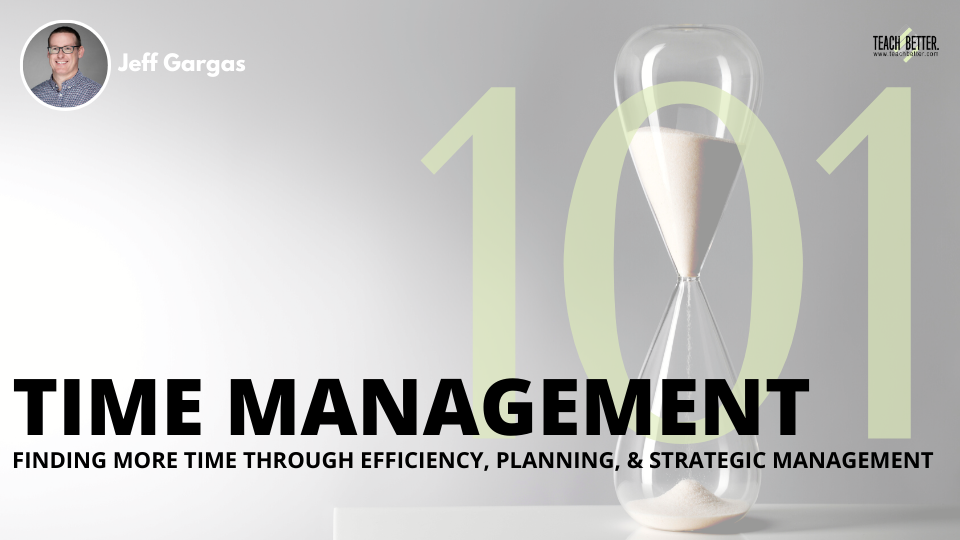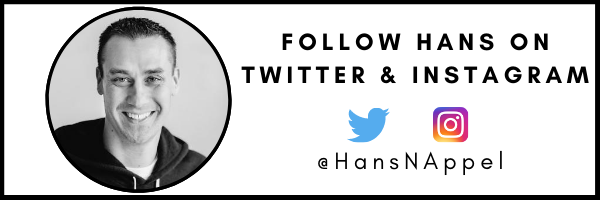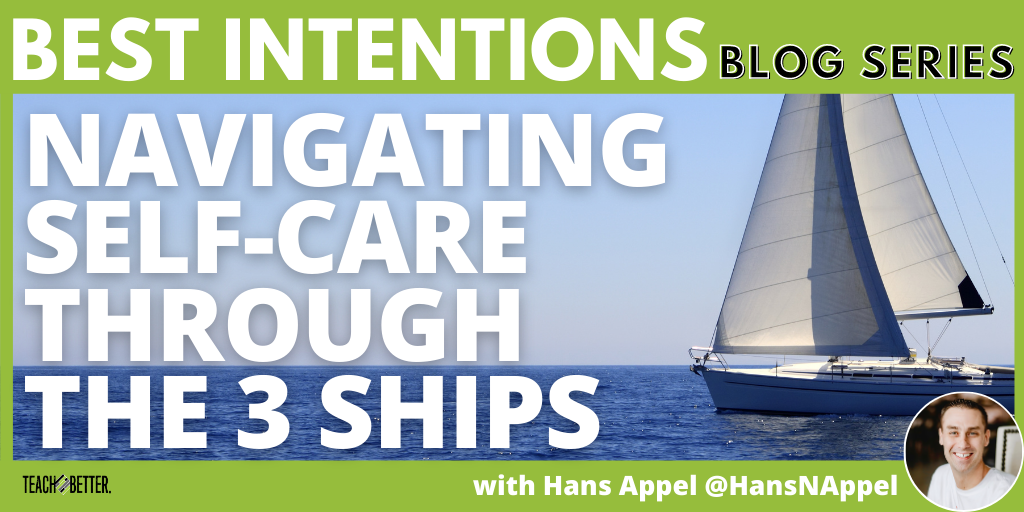TL;DR:
- Navigate your self-care through the 3 ships: relationships, leadership, and partnerships.
- Teachers are more stressed, overwhelmed, and past the point of burnout than ever before.
- Implementing self-care is something that needs to be done proactively and often.
When I first started on my maiden voyage into education, our school had a part-time wellness coordinator. As a stipended paraprofessional, her task was to forward a few healthy recipes to our school staff on a monthly basis. Back then being a healthy educator meant we were encouraged to eat ‘right.’
Through the years, our collective understanding of educator wellness has expanded into mental health, strategies for coping with stress, and as Teach Better ambassador Evan Whitehead says: “Balance, Boundaries, and Breaks.” The global pandemic has taught educators how critical it is to be the leaders of our emotional wellbeing.
“Mind. Body. Soul. These are the three things self-care is all about.”
– Kathy Sledge
We talk about the whole child all the time, but what about the whole teacher? Click To TweetBut how does self-care relate to leadership?
On last month’s episode of the Best Intentions series, over on the Teach Better Team’s Private Facebook Group, I had a heartwarming conversation with award-winning superintendent, author, and self-care advocate: Randy Russell. He spoke of the influence we can have on others when we use The 3 Ships: Relationships, Leadership, and Partnerships. Russell detailed personal and professional shipwrecks that left him feeling disillusioned, burnt out, and overwhelmed. It’s so rare to observe a powerful leader willing to remove their armor and share about panic attacks, grief, and failure—while being obsessed with a daily practice for lifting others up.
“The rising tide lifts all the boats.”
– John F. Kennedy
What if our leaders…
*Operated with the assumption that 95% of their people were practicing Best Intentions?
*Leaned into ongoing relationships fueled by trust + communication?
*Utilized a refreshingly transparent leadership style built around serving, supporting, and empowering?
*Established partnerships of self-care by caring about our emotional well-being just as much as our classroom performance?
*Modeled daily practices that empowered permission and intentional time set aside to implement mindfulness, exercise, and work-life boundaries?
What might our classrooms feel like if all teachers used the 3 ships to navigate their fleet of learners by seeing them as a complete human being filled with the Best Intentions to discover and develop personal, social, and academic success? We talk about the whole child all the time, but what about the whole teacher?
While Russell’s tangible Three Ship strategies have worked incredibly well with students, staff, and his community, near the end of our conversation, Russell’s true brilliance became a bright light in how this wisdom truly tied back into self-care.
Many times, our most important…
- RELATIONSHIPS are with things like food, exercise, and gratitude.
- LEADERSHIP strategy is to align our values and actions to become a better version of ourselves each day.
- PARTNERSHIPS are with our own mind, body, and soul.
In June, a study found 3 out of 4 teachers were dealing with anxiety about returning to school.
Russell explained that “most educators begin the school year at an 8 or 9 on a 10 point scale of refreshed energy; however, this year people returned to work at about a 5.”
Teachers are more stressed, overwhelmed, and past the poin t of burnout than ever before. Implementing self-care can’t be something we do once a week or when things are really bad. It’s critical to our re-engagement. Educators have to learn to build in small intentional ways to take care of themselves to prepare for bigger challenges. This is why so many educational leaders are looking for creative ways to safeguard the mental health of teachers.
t of burnout than ever before. Implementing self-care can’t be something we do once a week or when things are really bad. It’s critical to our re-engagement. Educators have to learn to build in small intentional ways to take care of themselves to prepare for bigger challenges. This is why so many educational leaders are looking for creative ways to safeguard the mental health of teachers.
Here’s a list of 12 ideas and resources for leading through self-care.
- Self Care Workshop (Reset, Refresh, Renew) with Randy Russell + Team
- Define YOUniversity’s 30 Day Journal: Igniting the Passion
- The Teacher’s Resource: Taking Care of the Person Behind the Teacher
- 5 Strategies for Teacher Self-Care with Jon Harper
- 4 Steps That Will Increase Happiness, According to a New Study
- CASEL’s Guide to Strengthen Adult SEL
- The Zen Teacher Online Academy
- Small Ways to Practice Self-Care in Difficult Times with Headspace
- Understanding and Managing Emotions webinar by CharacterStrong
- Time Management 101 in the Teach Better Academy
- Why It’s So Hard for Teachers to Take Care of Themselves (and 4 Ways to Start)
- TeacherFit: Proactive Educator Wellness

Rather than viewing emotional well-being as a selfish act that we don’t have time for, in this 24/7 version of education…perhaps it’s time to launch our vessel of self-care into the choppy waters of edification.
As the captain of my own ship, it’s up to me to identify:
- One old thing I’m going to continue to do for me.
- One old thing I’m going to stop doing for me.
- One new thing I’m going to implement for me.
I can’t leave my emotional well-being, physical and mental health up to anyone else. This week, I’m driven to lead a compassionate relationship and partnership with ME!
SELF BETTER. TEACH BETTER.
About Hans Appel
Hans Appel is an educator, speaker, and writer deeply committed to inspiring the whole child. He’s the author of, Award Winning Culture: Building School-Wide Intentionality and Action Through Character, Excellence, and Community. Additionally, he’s the Director of Culture for the Teach Better Team, co-host of the Award Winning Culture podcast, and the Co-Creator of Award Winning Culture.
Hans is also a member of the Teach Better Speakers Network.



